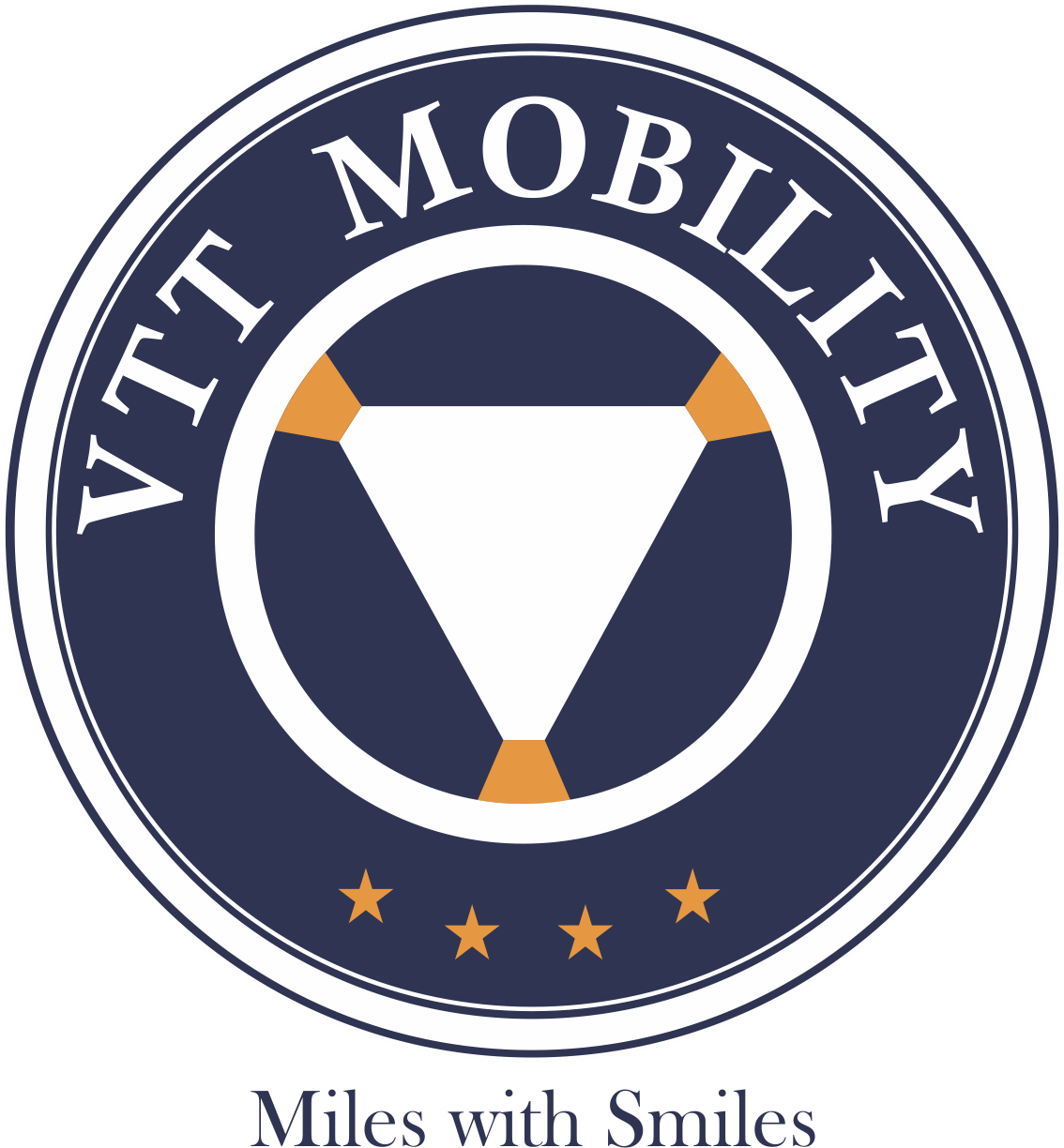E-Mobility Challenges and Opportunities in India
Challenge:
The global automotive industry stands on the brink of a significant disruption driven by digitization, automation, and evolving business models. The Indian automotive sector is not immune to this global shift. Key stakeholders in the industry face the challenge of understanding and preparing for the imminent disruption. The rising penetration of electric vehicles (EVs) and the transformative impact on traditional revenue streams, especially for auto component manufacturers, adds complexity to the landscape.
Solutions:
Embracing the disruption and reinventing business models is crucial for navigating the changes ahead. Four technology-driven trends – electrification, shared mobility, connectivity, and autonomous driving – are reshaping the automotive industry. Recognising the importance of e-mobility and its immediate relevance, stakeholders must adapt to these trends. The key to managing the transition lies in acknowledging the disruptive forces and reinventing business strategies accordingly.
Results:
As the automotive industry shifts towards electrification, particularly in addressing growing vehicle pollution, India becomes a focal point. By 2030, EVs could comprise a substantial share of new vehicle sales globally, with India potentially witnessing up to 50% adoption in a breakthrough scenario. The future of e-mobility in India relies on collaborative efforts from the government, power and infrastructure companies, and the automotive industry. Defining regulations, fostering a supportive ecosystem, innovating business models, and driving scale in the EV sector are pivotal steps for a successful transition. In navigating this disruption, stakeholders have the opportunity to reshape the industry, address environmental concerns, and tap into the immense potential of the evolving automotive landscape in India. As the products get better and improvement in the infrastructure, as a company we have made a commitment to replace our ICE vehicles with EVs. In the year 2023, VTT was able to replace 25% of the ICE fleet with EVs for a leading IT Giant where it provides managed mobility services.

